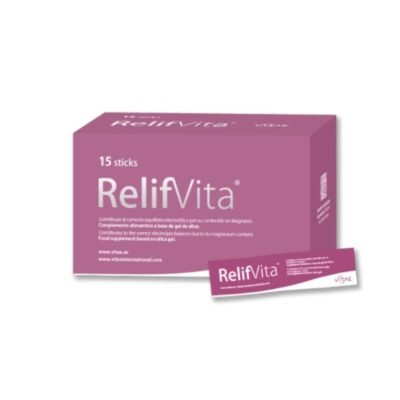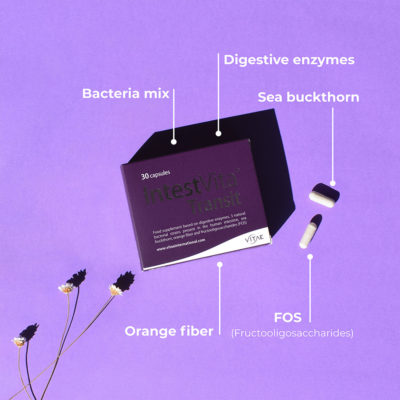Let’s start with what is really important, our intestinal flora, the first line of defence of our body. Taking into account that the digestive system of children is not complete until age 6, more reason to know as much as possible about maintaining a healthy intestinal flora (children probiotics). The intestinal flora is composed of microorganisms of different types that are found along the digestive tract of the stomach to the duodenum; the type of this microflora is different in the various segments, conditioned mainly by the variations of the pH and by the more or less abundant presence of oxygen. The influence of the enormous population of microorganisms that colonize the intestinal light is important not only as a protection barrier, but also because they fulfill a series of nutritional functions. During the metabolic processes of the bacteria, several substances are produced that are used by the host organism.
The importance of intestinal flora
The intestinal microflora has various nutritional functions that are of great importance for our well-being:
- Digestion and absorption of nutrients. Especially important for children, who need to properly absorb all the nutrients and vitamins.
- Vitamin synthesis
- Enzyme production
- Transformation of bile salts
- Nutrition of the intestinal epithelium, which is the tissue that covers the intestine and which is important to receive the right nutrient
Keeping the intestinal flora in good condition is very necessary if we want to enjoy a good state of health, however sometimes, due to external factors such as poor diet, stress, taking antibiotics etc. alterations in our flora can be caused and derive in what we technically call intestinal dysbiosis.
What is intestinal dysbiosis?
We have made it clear that the normal intestinal bacterial flora exerts a fundamental role to maintain the balance of the organic functions, which is so important for our well-being and health.
All this is done through the maintenance of the intestinal pH, the protection of its walls, the production of certain groups of vitamins and, above all, the stimulation of immune structures.
A variation in the qualitative and quantitative composition of the flora, creates the possibility of the development of abnormal aerobic agents which result in discomfort, gas, swelling, heavy digestion or other more serious alterations.
‘When the intestinal flora is altered it can manifest itself with symptoms such as gas, bloating and heavy digestion, for example’
The causes of dysbiosis can be many, but one of the most common is poor diet, so during Christmas, when our eating habits are altered, it is normal that we may experience a discomfort that we usually do not have.
How can we prevent intestinal dysbiosis?
Ideally, always maintain a healthy diet that is based on healthy habits, however this is not always easy to meet these requirements, as sometimes our routines alter the food we eat.
To prevent or treat these alterations of the bacterial flora, health professionals recommend the use of probiotics to regulate the balance of microorganisms that inhabit our intestinal system.
According to the World Health Organization, probiotics are: living microorganisms that, when administered in the appropriate amount, confer a beneficial effect on the health of the subject who receives them.
Kids probiotics are especially interesting if they are taking antibiotics. It is very common for children to suffer from gastroenteritis, otitis or pharyngitis. In all three cases, the microbiota of the children will need to be repopulated directly or indirectly.
At Vitae Health Innovation, we have probiotics specifically for children, a little chewable tablet with pleasant vanilla flavor, lactose free, gastro-resistant and does not need to be refrigerated.









